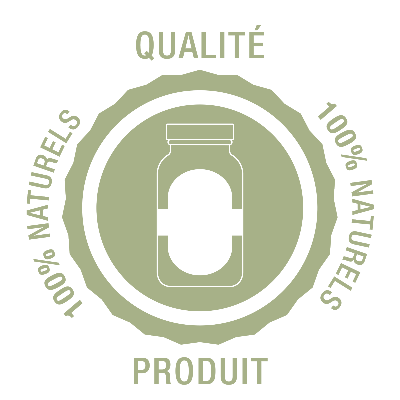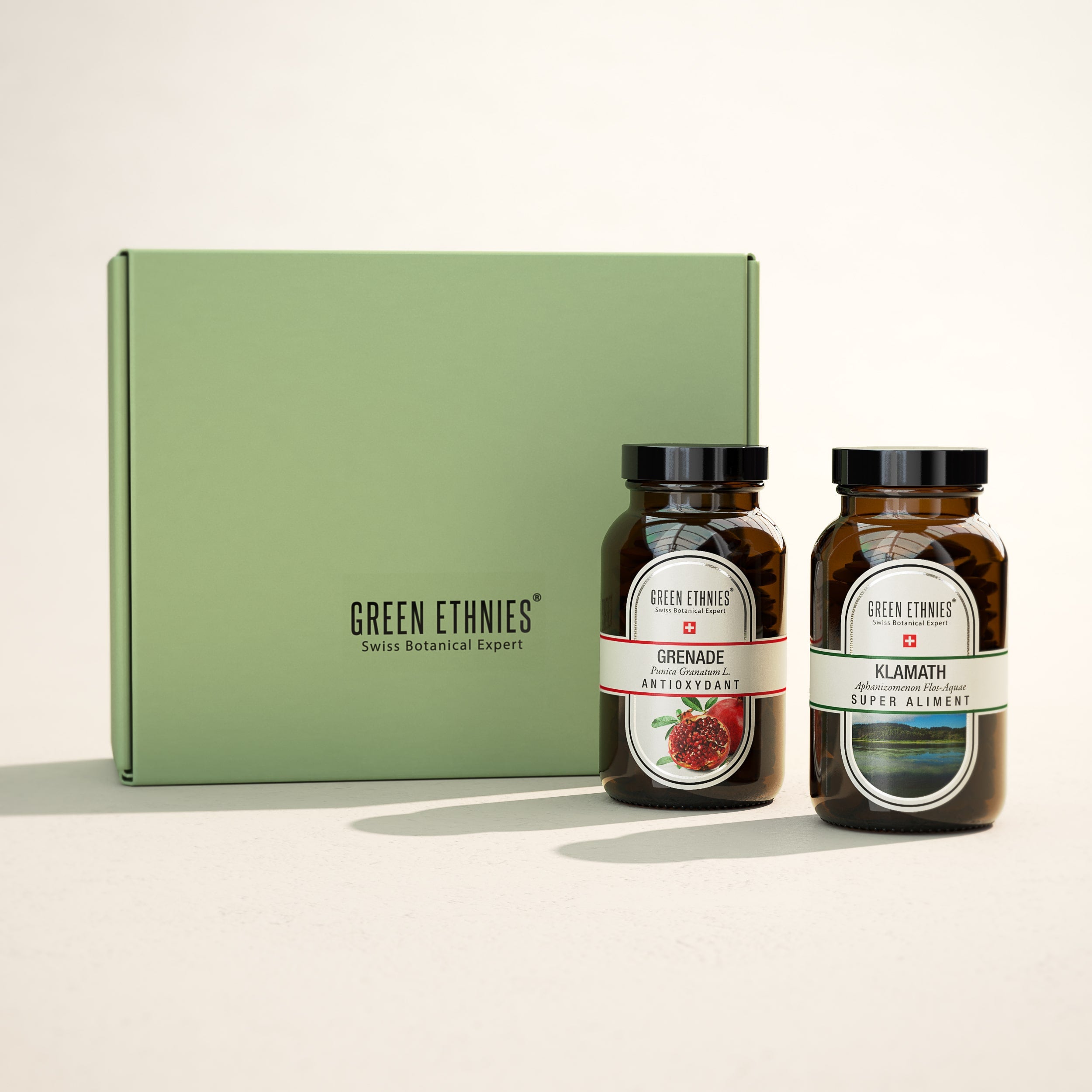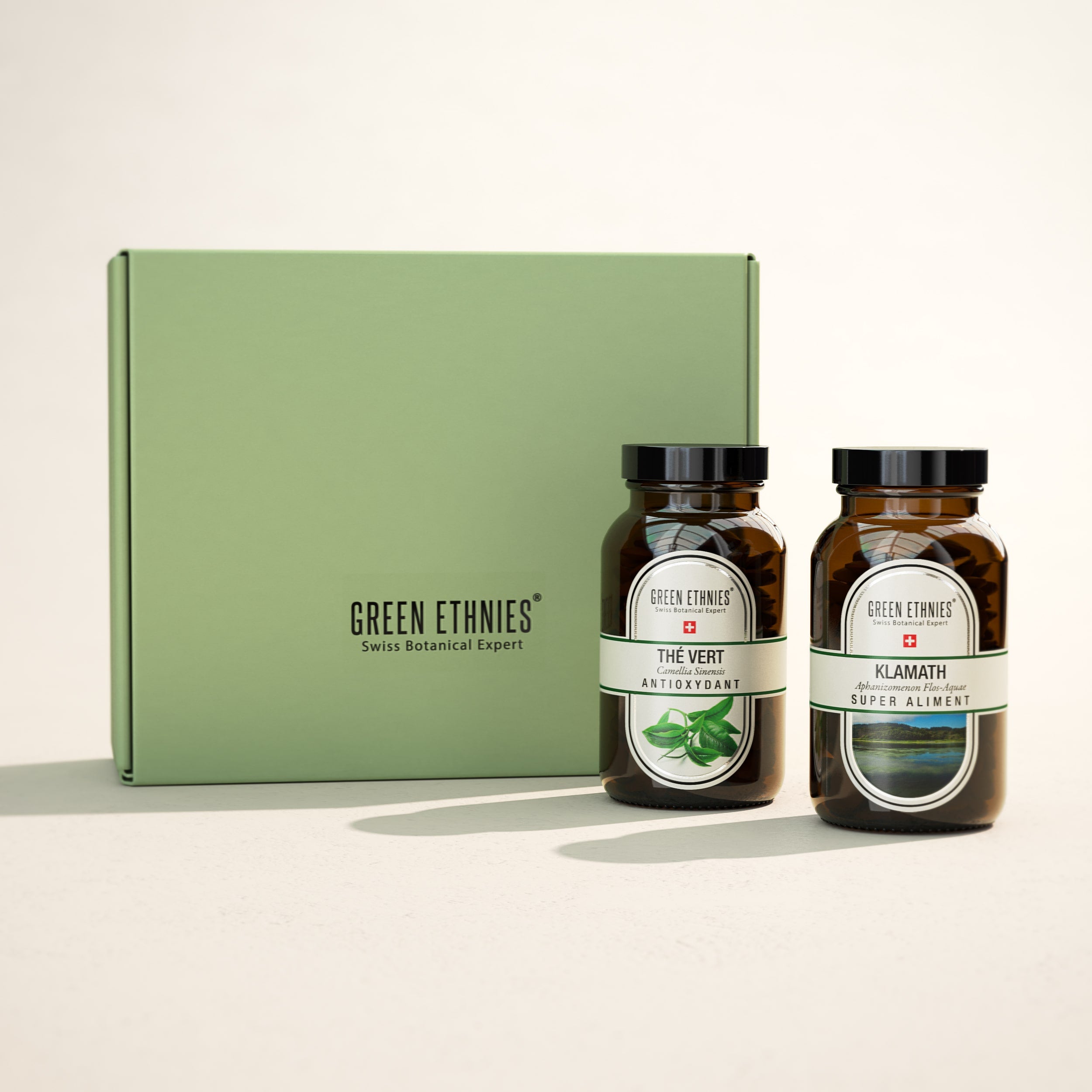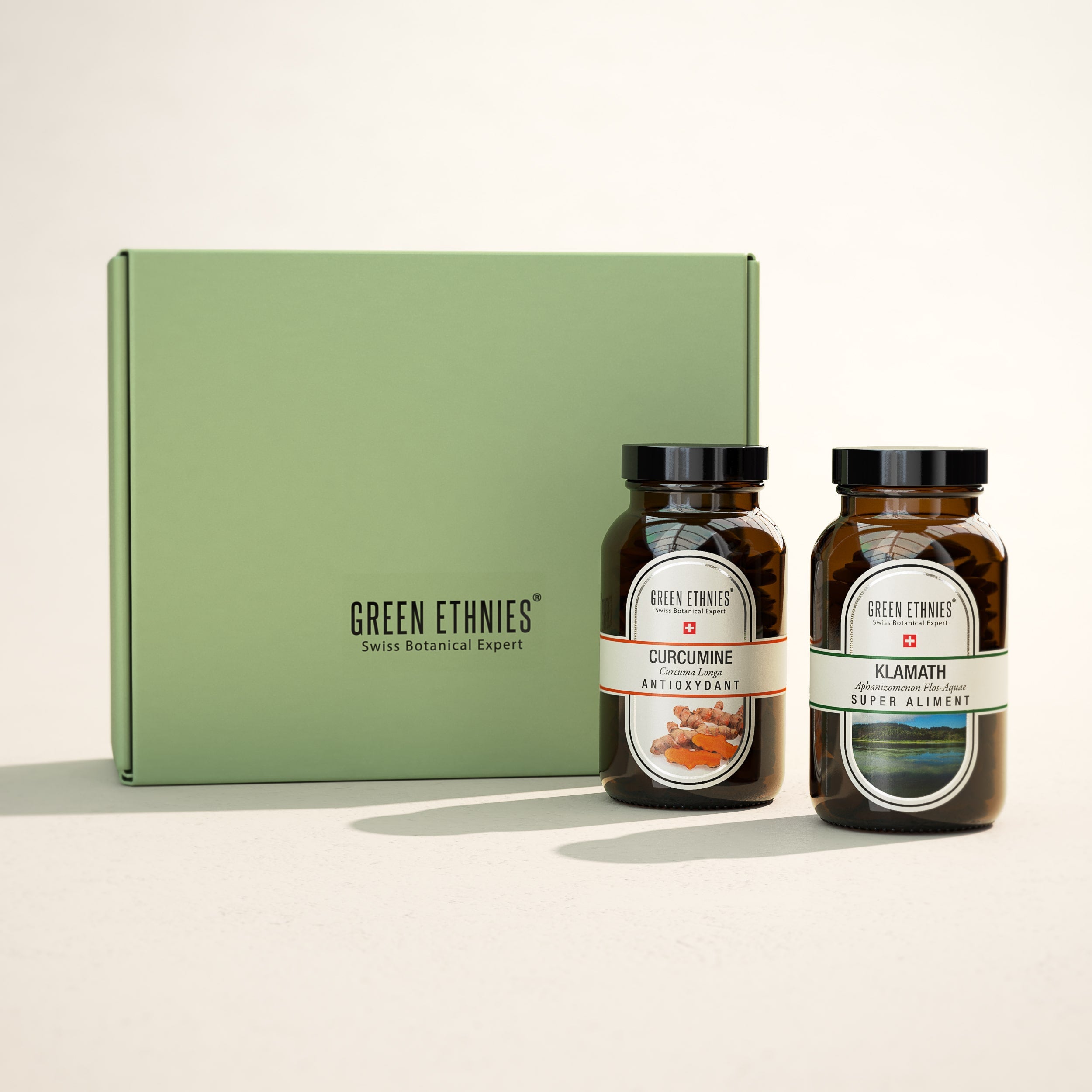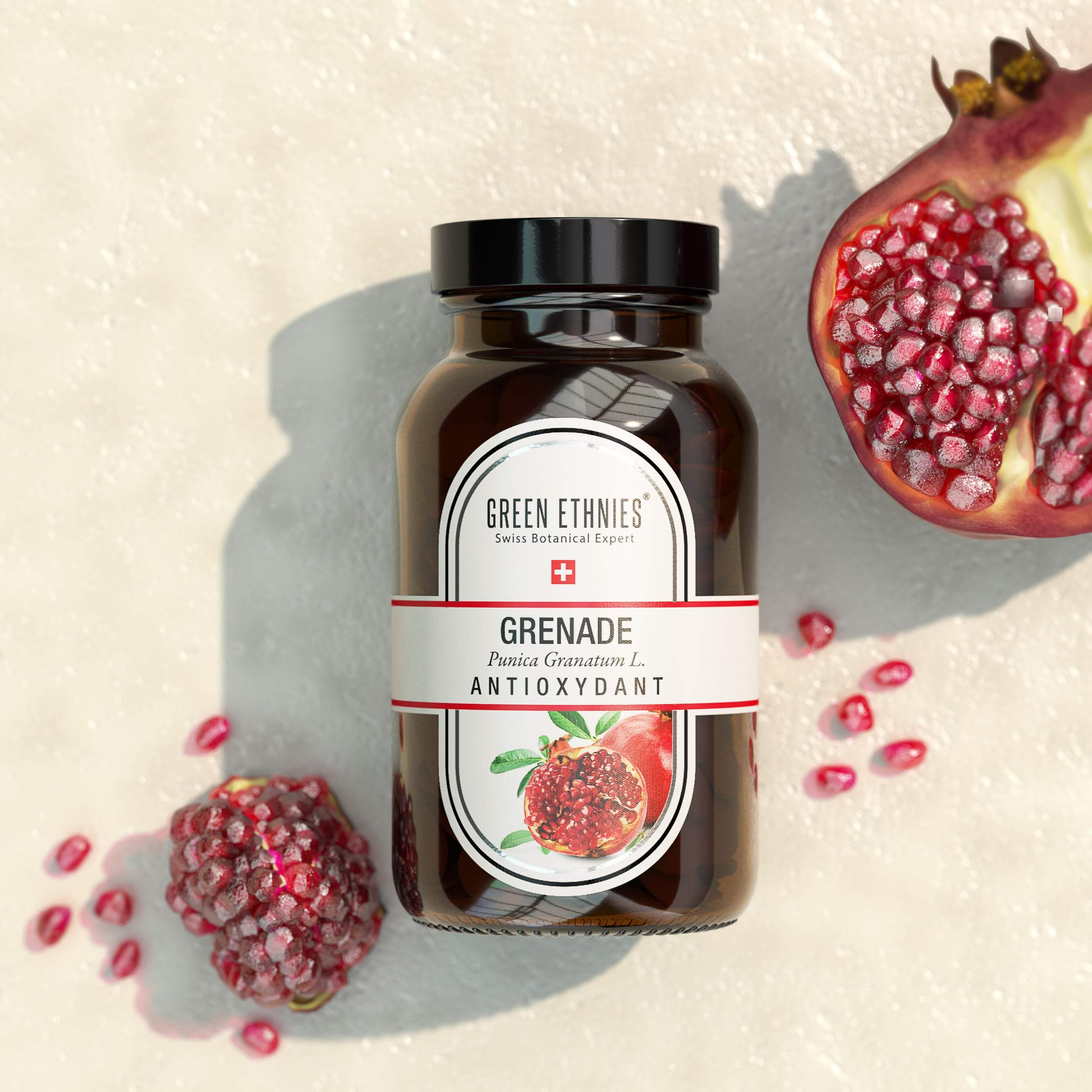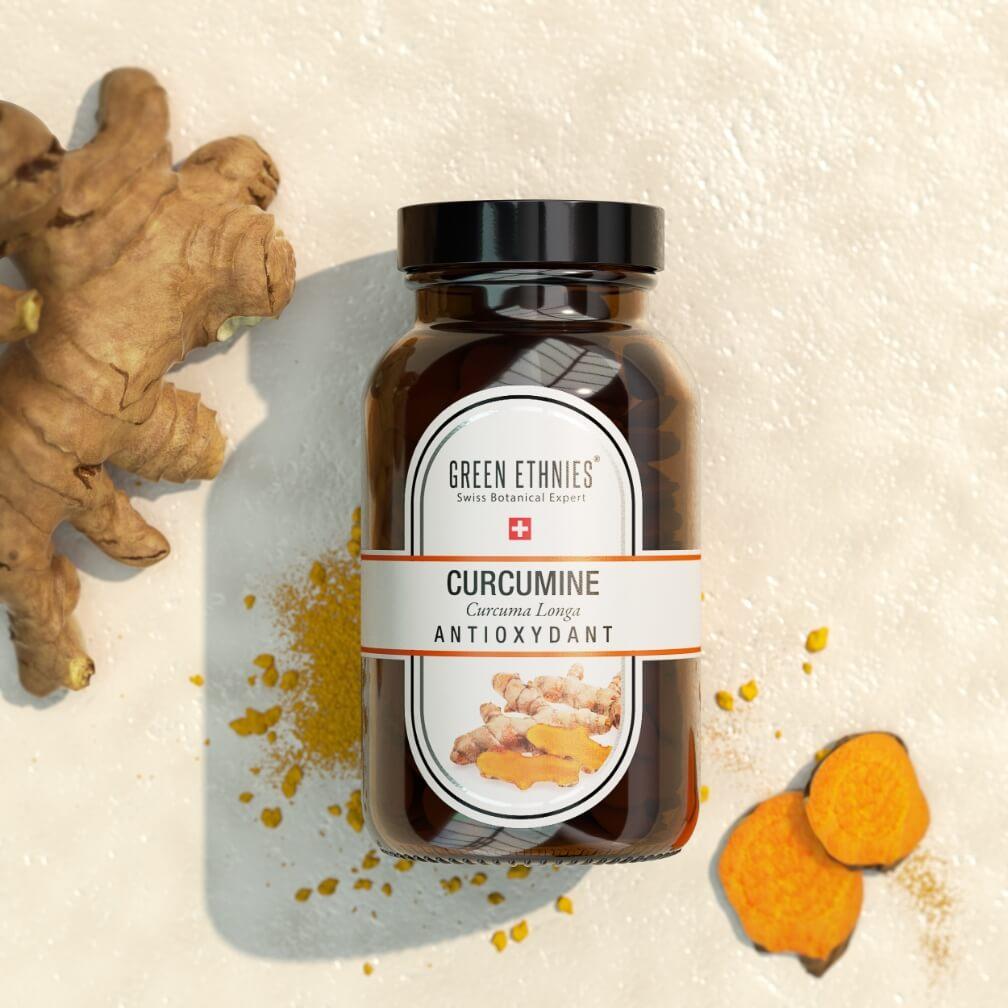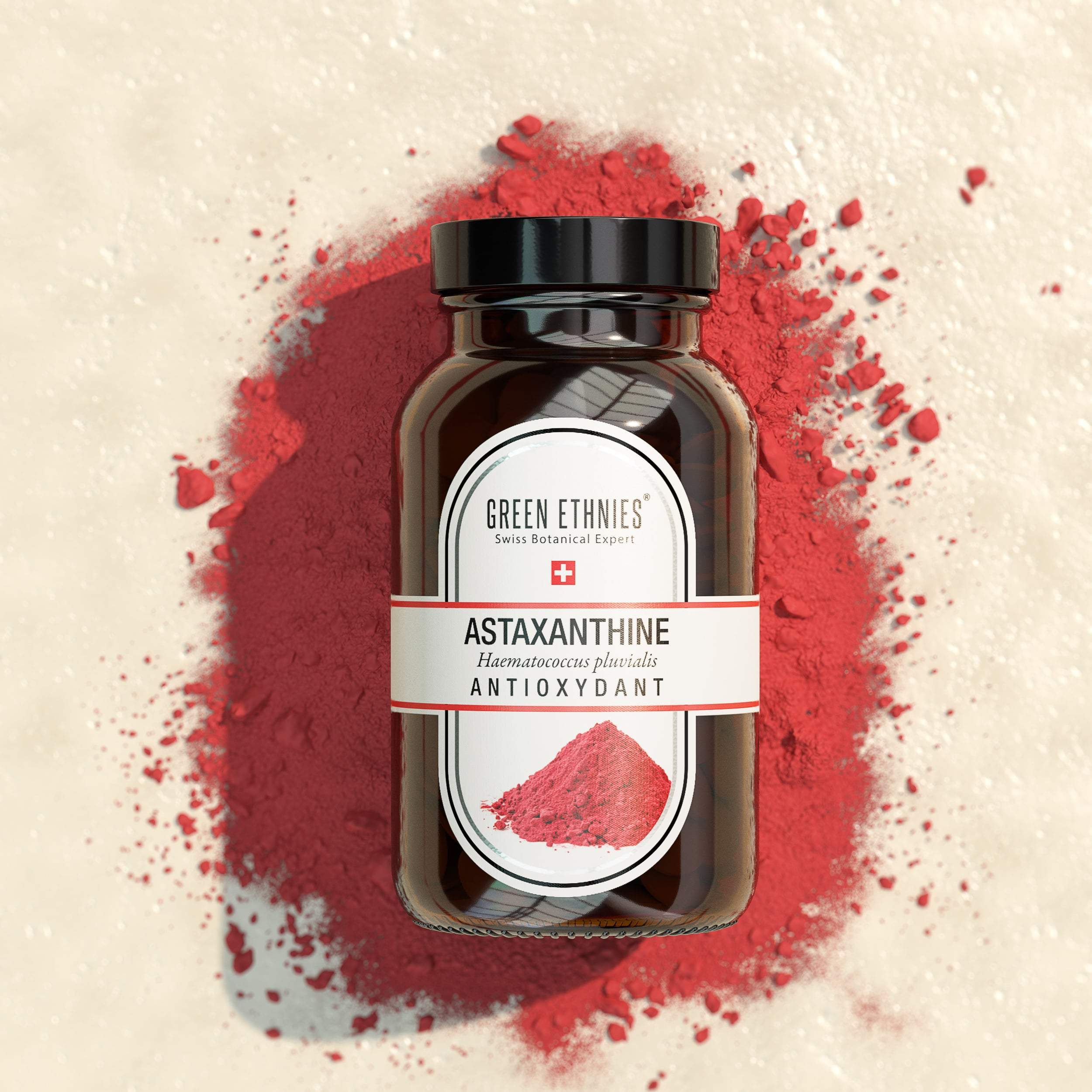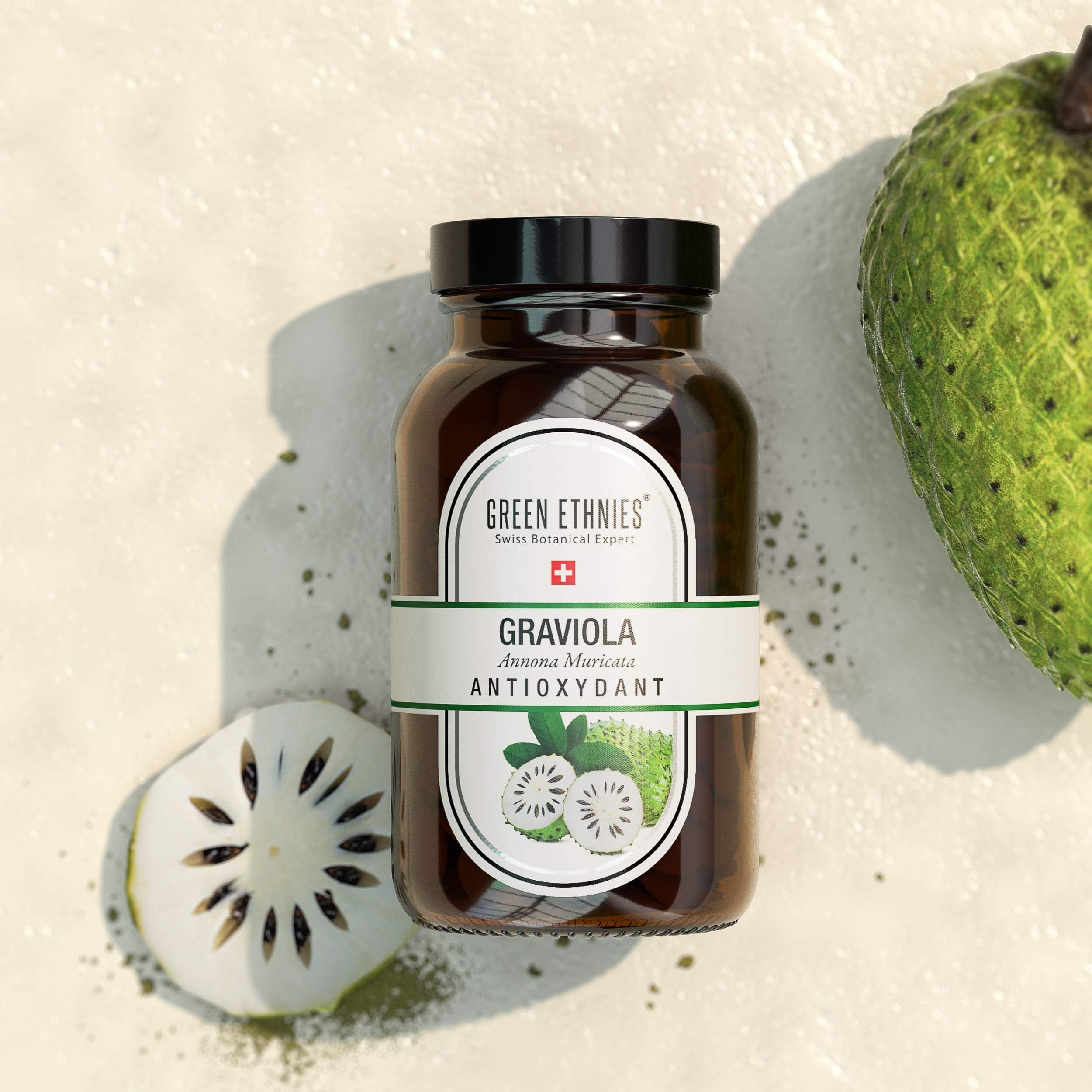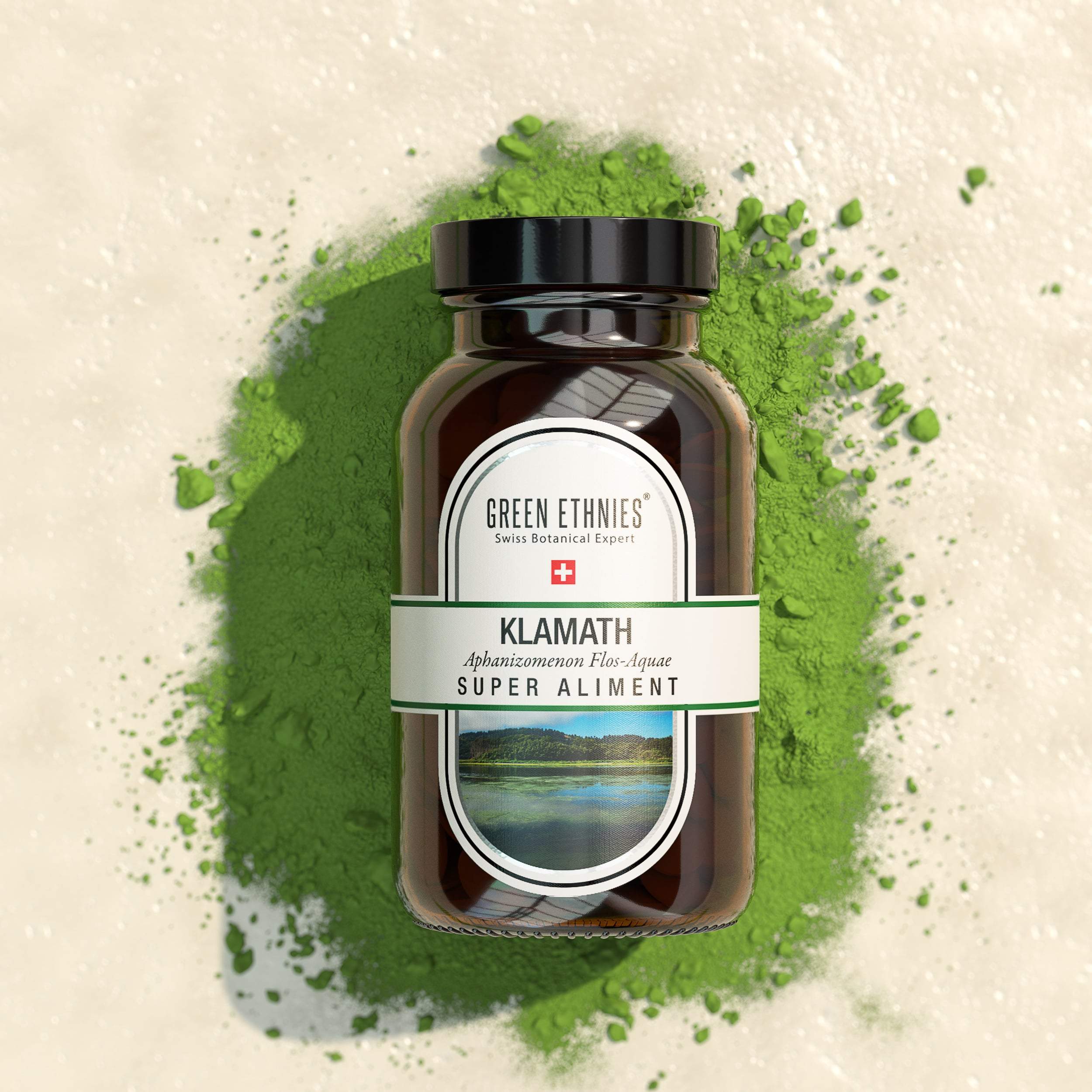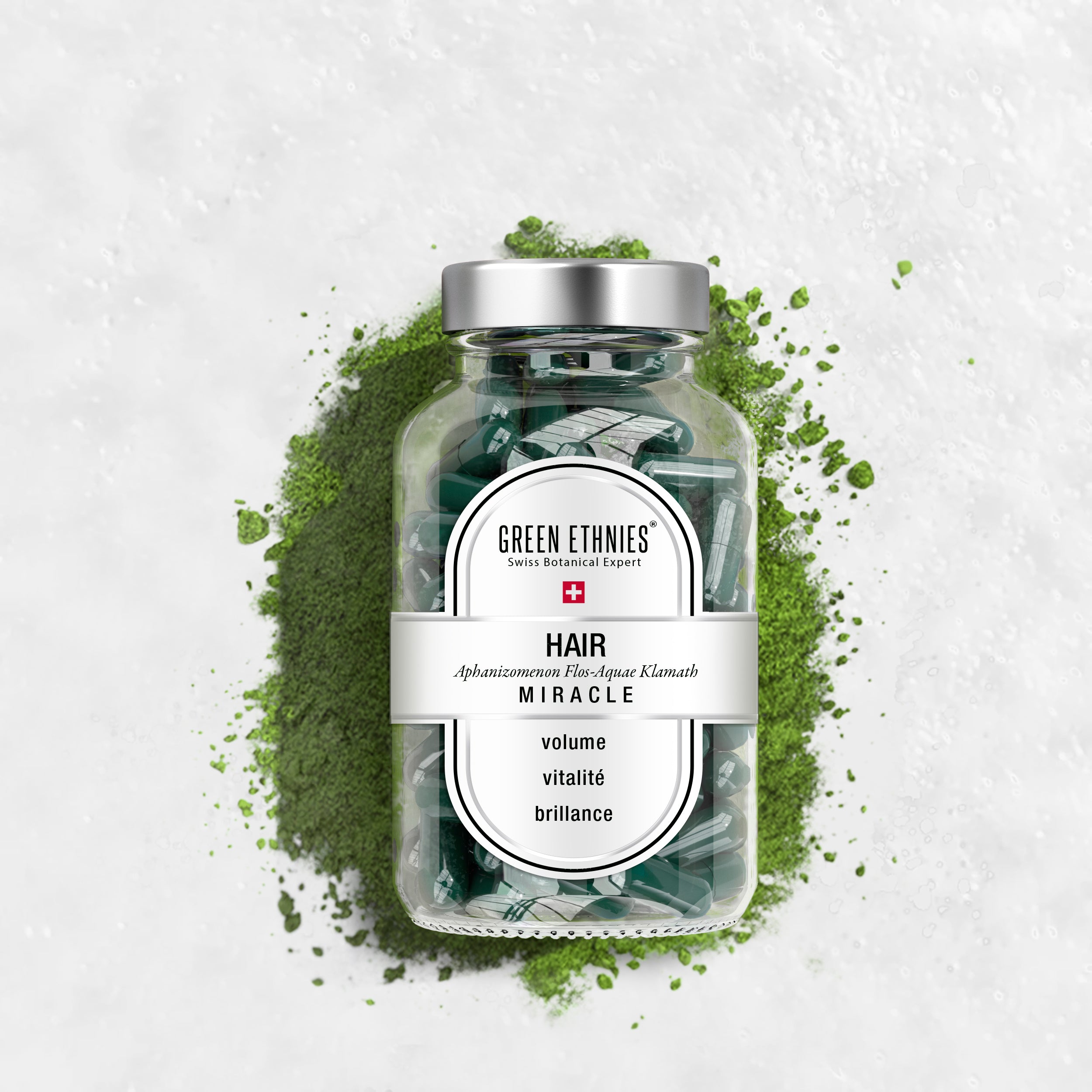
ASSOCIEZ VOTRE ANTIOXYDANT A UN SUPER ALIMENT.
L’algue Klamath et ses 115 micronutriments favorisent la protection de votre organisme et de ses fonctions vitales. Cette synergie vous permet de profiter pleinement des antioxydants de la Graviola et des bienfaits de la Klamath, qui ensemble soutiennent les principaux systèmes physiologiques de votre corps.
Graviola
- Troubles du sommeil
- Diurétique
- Antibactérien
- Protection cellulaire
- Santé digestive
Klamath
- Régénération cellulaire
- Performance intellectuelle
- Régulateur de l’humeur
- Détoxifiant
- Renforcement du système immunitaire
Graviola
1 à 2 gélules par jour (cure de base)
4 gélules par jour (cure intensive)
Klamath
1 à 2 gélules par jour (cure de base)
4 gélules par jour (cure intensive)
LIVRAISON GRATUITE
PAIEMENT SÉCURISÉ
SERVICE CLIENT À VOTRE ÉCOUTE
Complément alimentaire de Graviola est issue de culture biologique de haute qualité.
Complément alimentaire Klamath issue de culture biologique de haute qualité.
Haute biodisponibilité.
Gélules végétales.
Sans excipient, sans gluten, sans caséine, sans levure, sans maïs, sans soja, sans OGM.

GRAVIOLA
Pilulier 60 gélules
Poudre de Graviola 450 mg
Acérola BIO 35 mg
dont 6 mg de Vitamine C
Gélule en écorce de pin (HPMC)
KLAMATH
Pilulier 60 gélules
Klamath BIO 400 mg
Acérola BIO 35 mg
dont 6 mg de Vitamine C
Fibres d’acacia BIO (prébiotiques) 45 mg
Gélule en écorce de pin (HPMC)
Ingrédients d'origine naturellle et issus de l’agriculture biologique
Concentré d’actifs surpuissants, l’algue Klamath participerait à la régénération de l’ensemble de l’organisme.
Axes Santé
Depuis des centaines d’années, les fruits, les écorces, les racines et les feuilles sont utilisés par la médecine traditionnelle pour traiter et prévenir une variété de symptômes associés notamment à l’inflammation et à l’infection.
A partir du milieu des années 1990, de nombreuses recherches ont été menées pour étudier le potentiel thérapeutique des feuilles, fortement concentrées en Acétogenines. Ces molécules détiendraient de puissantes activités anti-inflammatoires, antiparasitaires et antimicrobienne, et soutiendraient la croissance et la fonction des cellules saines.
« They are used in infusions in popular medicines for their sleep-inducing. »
Kossouoh C et al., ''Essential oil chemical composition of Annona muricata L. leaves from Benin.'' Journal of Essential Oil Research. 2007; 19(4): 307-309.
« It has been found that A.muricata extracts possess a broad range of activity against bacteria responsible for diseases and disorders such as intractable diarrhea, urinary tract infection (UTI), skin diseases and treatment-resistant secondary pneumonia. »
Qazi A K, et al. ''Emerging therapeutic potential of graviola and its constituents in cancers.'' Carcinogenesis. 2018; 39(4): 522-533
« The extract exhibited antibacterial activity against S.aureus and Vibrio cholera, and EE showed potent activity against Pseudomonas aeruginosa and S.aureus »
Qazi A K, et al. ''Emerging therapeutic potential of graviola and its constituents in cancers.'' Carcinogenesis. 2018; 39(4): 522-533
[…] Both doses of extract showed significant acceleration of wound closure and tissue regeneration […]
Rady I et al., ''Anticancer properties of Graviola (Annona muricata): a comprehensive mechanistic review.'' Oxidative medicine and cellular longevity. 2018; 2018
« Additionally, the antioxidant effect of A. muricata extract can play an important role in the gastroprotection. »
Coria-Téllez A V, et al., ''Annona muricata: A comprehensive review on its traditional medicinal uses, phytochemicals, pharmacological activities, mechanisms of action and toxicity.'' Arabian Journal of Chemistry, 2018; 11(5): 662-691.
« These results suggest that Graviola leaves enhance immunity by activation of the MAP kinase pathways. »
Kim G-T et al., ''Immunomodulatory efficacy of standardized Annona muricata (Graviola) leaf extract via activation of mitogen-activated protein kinase pathways in RAW 264.7 macrophages.'' Evidence-Based Complementary and Alternative Medicine. 2016; 2016
« These different results show that the antidiabetic activity of Annona muricata aqueous extract can be explained by its hypolipidaemic effect, its antioxidant and protective action on pancreatic β-cells,which in turn improve glucose metabolism. »
Ngueguim Tsofack F, et al., ''Antidiabetic and antioxidant effects of Annona muricata (Annonaceae), aqueous extract on streptozotocin-induced diabetic rats.'' Journal of ethnopharmacology. 2014; 151(2): 784-790
« The anti-inflammatory effects of A.muricata are thus demonstrated to occur through suppression of inflammatory mediators. »
Qazi A K, et al. ''Emerging therapeutic potential of graviola and its constituents in cancers.'' Carcinogenesis. 2018; 39(4): 522-533
Depuis des centaines d’années, les fruits, les écorces, les racines et les feuilles sont utilisés par la médecine traditionnelle pour traiter et prévenir une variété de symptômes associés notamment à l’inflammation et à l’infection.
A partir du milieu des années 1990, de nombreuses recherches ont été menées pour étudier le potentiel thérapeutique des feuilles, fortement concentrées en Acétogenines. Ces molécules détiendraient de puissantes activités anti-inflammatoires, antiparasitaires et antimicrobienne, et soutiendraient la croissance et la fonction des cellules saines.
« They are used in infusions in popular medicines for their sleep-inducing. »
Kossouoh C et al., ''Essential oil chemical composition of Annona muricata L. leaves from Benin.'' Journal of Essential Oil Research. 2007; 19(4): 307-309.
« It has been found that A.muricata extracts possess a broad range of activity against bacteria responsible for diseases and disorders such as intractable diarrhea, urinary tract infection (UTI), skin diseases and treatment-resistant secondary pneumonia. »
Qazi A K, et al. ''Emerging therapeutic potential of graviola and its constituents in cancers.'' Carcinogenesis. 2018; 39(4): 522-533
« The extract exhibited antibacterial activity against S.aureus and Vibrio cholera, and EE showed potent activity against Pseudomonas aeruginosa and S.aureus »
Qazi A K, et al. ''Emerging therapeutic potential of graviola and its constituents in cancers.'' Carcinogenesis. 2018; 39(4): 522-533
[…] Both doses of extract showed significant acceleration of wound closure and tissue regeneration […]
Rady I et al., ''Anticancer properties of Graviola (Annona muricata): a comprehensive mechanistic review.'' Oxidative medicine and cellular longevity. 2018; 2018
« Additionally, the antioxidant effect of A. muricata extract can play an important role in the gastroprotection. »
Coria-Téllez A V, et al., ''Annona muricata: A comprehensive review on its traditional medicinal uses, phytochemicals, pharmacological activities, mechanisms of action and toxicity.'' Arabian Journal of Chemistry, 2018; 11(5): 662-691.
« These results suggest that Graviola leaves enhance immunity by activation of the MAP kinase pathways. »
Kim G-T et al., ''Immunomodulatory efficacy of standardized Annona muricata (Graviola) leaf extract via activation of mitogen-activated protein kinase pathways in RAW 264.7 macrophages.'' Evidence-Based Complementary and Alternative Medicine. 2016; 2016
« These different results show that the antidiabetic activity of Annona muricata aqueous extract can be explained by its hypolipidaemic effect, its antioxidant and protective action on pancreatic β-cells,which in turn improve glucose metabolism. »
Ngueguim Tsofack F, et al., ''Antidiabetic and antioxidant effects of Annona muricata (Annonaceae), aqueous extract on streptozotocin-induced diabetic rats.'' Journal of ethnopharmacology. 2014; 151(2): 784-790
« The anti-inflammatory effects of A.muricata are thus demonstrated to occur through suppression of inflammatory mediators. »
Qazi A K, et al. ''Emerging therapeutic potential of graviola and its constituents in cancers.'' Carcinogenesis. 2018; 39(4): 522-533
Quels sont les compléments alimentaires dont j’ai besoin ?
« Que ta nourriture soit ton médicament et que ton médicament soit dans ta nourriture »
Hippocrate, Grèce Antique


